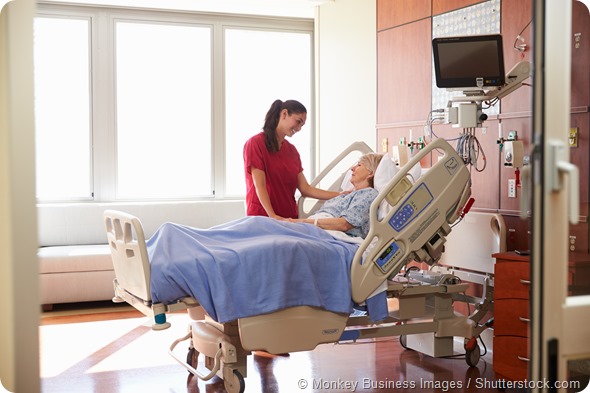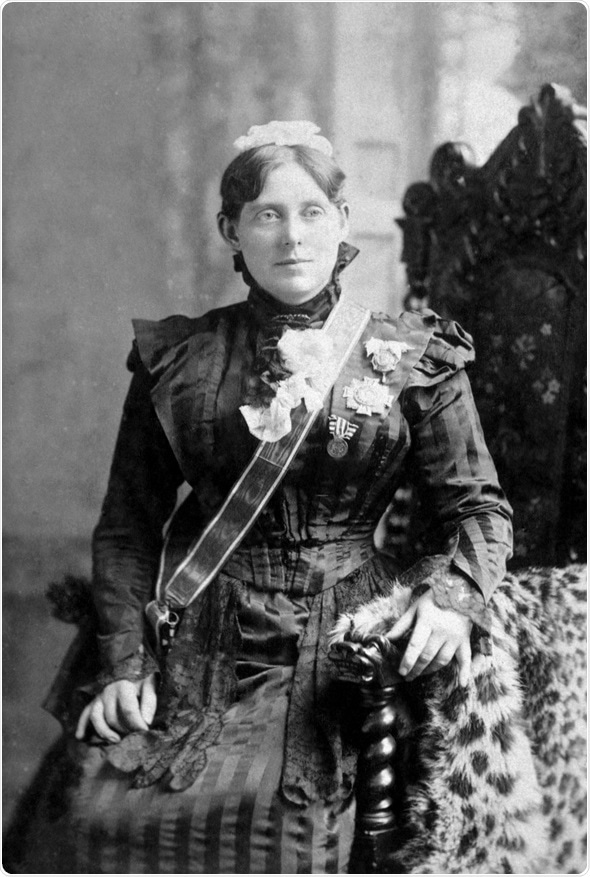For All The Latest Medical News, Health News, Research News, COVID-19 News, Dengue News, Glaucoma News, Diabetes News, Herb News, Phytochemical News, Cardiology News, Epigenetic News, Cancer News, Doctor News, Hospital News
Nursing as a profession has existed throughout history, although it has evolved considerably over time. In the current healthcare system, nurses are one of the most trusted healthcare professionals with a significant role to play in the treatment and medical care of the sick.

The term nurse originates from the Latin word nutire, which means to suckle. This is because it referred primarily to a wet-nurse in the early days and only evolved into a person who cares for the sick in the late 16th century.
The first known documents that mention nursing as a profession were written approximately 300 AD. In this period, the Roman Empire endeavored to build a hospital in each town that was under its rule, leading to a high requirement for nurses to provide medical care alongside the doctors.
The profession of nursing became considerably more prominent in Europe in the middle ages, due to the drive for medical care from the Catholic church. In this period, there were many advancements and innovations that took place, which eventually went on to form the base of modern nursing, as we know it.
The first Spanish hospital was built in the late 500s to early 600s in Merida, Spain, with the intent to care for any sick individuals regardless of ethnic origin or religion. Several others were created in the following centuries but their upkeep was neglected until Emperor Charlemagne began to restore them and update the supplies and equipment in the 800s.
Throughout the 10th and 11th centuries, the nursing profession expanded due to changes in rulings in Europe. Hospitals began to be included as part of monasteries and other religious places and the nurses provided a range of medical care services, as was required, even beyond traditional healthcare. This all-encompassing model gained popularity and continues to be responsible for the wide range of duties a nurse is responsible for today.
Modern nursingAt the beginning of the 17th century, the nursing as a profession was rare due to various reasons, such as the closing of monasteries that housed the hospitals. However, in some regions of Europe where the Catholic church remained in power, the hospitals remained and nurses retained their role.
Florence Nightingale was a nurse who tended to injured soldiers in the Crimean War in the 1850s and played a significant role in changing the nature of the nursing profession in the 19thcentury.

(c) Everett Historical / Shutterstock.com
During this time, the role of nurses continued to expand due to the need for their presence on the front lines of wars, where poor hygiene standards often led to fatal infections in the injuries. Nightingale campaigned for improved hygiene standards in the hospital attending the wounded soldiers, which drastically reduced the number of deaths from infections.
The profession of nursing was pushed further forward in 1860 with the opening of the very first nursing school in London. This was the beginning of many other schools for new nurses so that they received appropriate training and education before they began practice on the field.
However, the need for nurses expanded with the world wars in the twentieth century, and many nurses were required to begin providing care without adequate training. Since this time, education institutions for nurses have continued to expand.
The profession has also branched out into various specializations with further education in particular fields of nursing care, such as pediatrics or oncology.